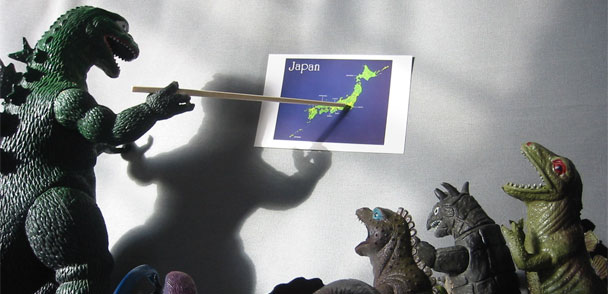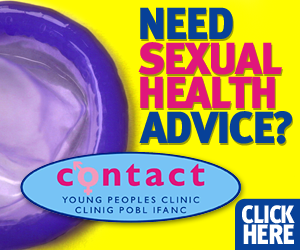Information » Health » Health and Body Matters » Urine Infections
In This Section
Urine Infections and Incontinence
Cystitis
Cystitis is a urine infection caused when the bladder and the urethra (the tube which carries urine from your bladder out of your body) become inflamed. It is uncomfortable and gives the feeling of constantly needing to urine. Sometimes the urine may be cloudy, smelly or contain a drop of blood.
Bacteria from the anus can trigger cystitis. It is important for women to wipe from the front to the back to avoid spreading the germs towards the bladder. It can also be caused by energetic or frequent sex.
Cystitis is not serious and can be treated with:
- Antibiotics from your doctor
- Over-the-counter treatments
- Drinking cranberry juice
- Drinking more water
Incontinence
Incontinence is total or partial loss of control of the bladder, which results in the releasing of urine. Usually when you need to pass urine your bladder sends a message to the brain to say it is full. Incontinence occurs when the message does not reach your brain properly.
Types of incontinence:
- Stress incontinence - a small amount of urine leaks out during physical activity. This happens when the muscles at the neck of the bladder are not strong enough to hold the urine in your bladder when you cough, laugh, sneeze or do strenuous activity
- Urge incontinence - the bladder empties completely
There are several ways to treat incontinence depending on the type you have. Drinking lots of water and eating plenty of fruit and vegetables can help. Not smoking and not drinking alcohol or caffeine can also reduce incontinence. Also try pelvic floor exercises to strengthen the muscles.
There can be many factors relating to incontinence:
- Stress
- After pregnancy from loosening of the pelvic floor muscles
- Bladder infections (Cystitis)
- Stroke
- Local cancer
- Tuberculosis
- Multiple sclerosis
- Irritable bladder
- Senile dementia
- Alzheimer’s disease
Bed-wetting
Although bed-wetting is most common among children, it affects over one million people in the UK including one in six five-year-olds, one in 20 ten-year olds and one in a hundred adults.
There is no one cause for bed wetting, but it may be related to stress, urinary incontinence, alcohol, caffeine, sleeping tablets or a urine infection.
Try cutting down on alcohol, caffeine and drinks before bed. You may want to try setting your alarm a couple of hours before you go to sleep to wake you in the night or a couple of hours before you wake up to use the toilet. Try to vary the time you set so you don’t get used to emptying your bladder at the same time each night.
If you have any concerns about urine infections or problems, don’t be embarrassed. Your doctor can advise you on how to deal with the problem.








